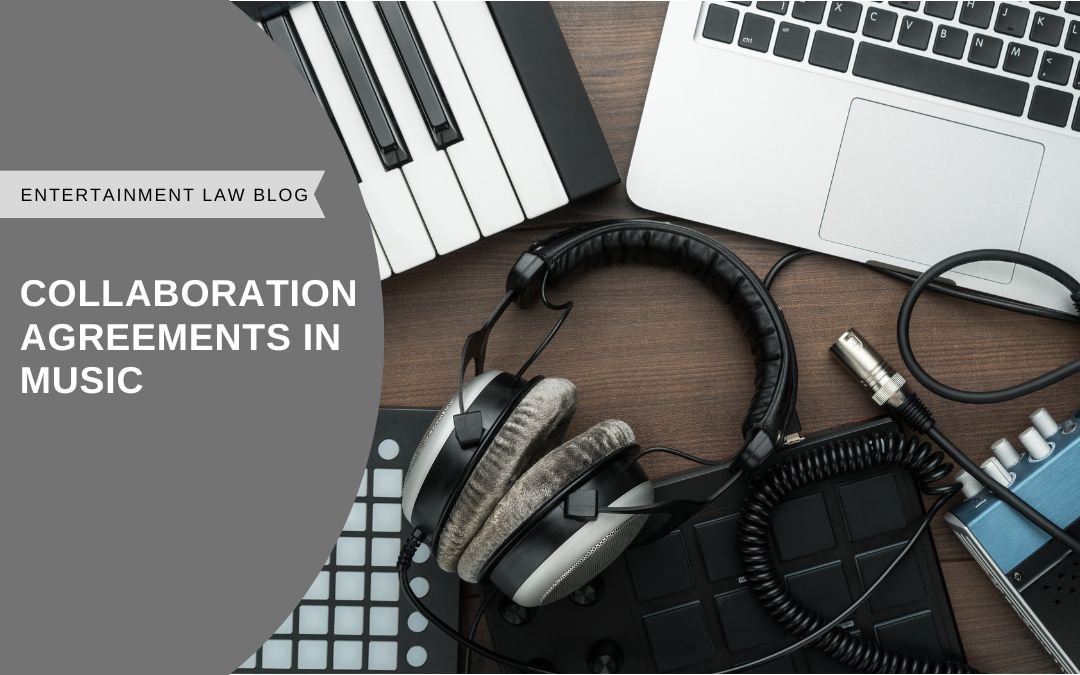In the music industry, collaboration agreements are crucial for artists, songwriters, producers, and other professionals involved in the creation and distribution of music. A music collaboration agreement outlines the terms and conditions for joint music production, songwriting, or performance.
Key elements typically included in a music collaboration agreement are:
- Songwriting and Composition Credits: Clearly define the ownership, division, and allocation of songwriting credits among the collaborators.
- Royalties and Revenue Sharing: Determine how royalties and revenue generated from the music will be shared among the collaborators.
- Intellectual Property Rights: Specify the ownership and licensing rights of the musical works created during the collaboration.
- Performance Rights: Address the rights and compensation for live performances, public performances, and mechanical rights.
- Recording and Distribution: Define how collaborative music will be recorded, produced, and distributed, including any licensing or distribution agreements.
- Sample Clearances: Address the use of samples and ensure all necessary clearances are obtained to avoid copyright infringement.
- Termination and Dispute Resolution: Establish provisions for termination and dispute resolution in case of conflicts or breaches of the agreement.
- Publishing and Administration: Determine how publishing rights and administration will be handled, including royalty collection and administration agreements.


